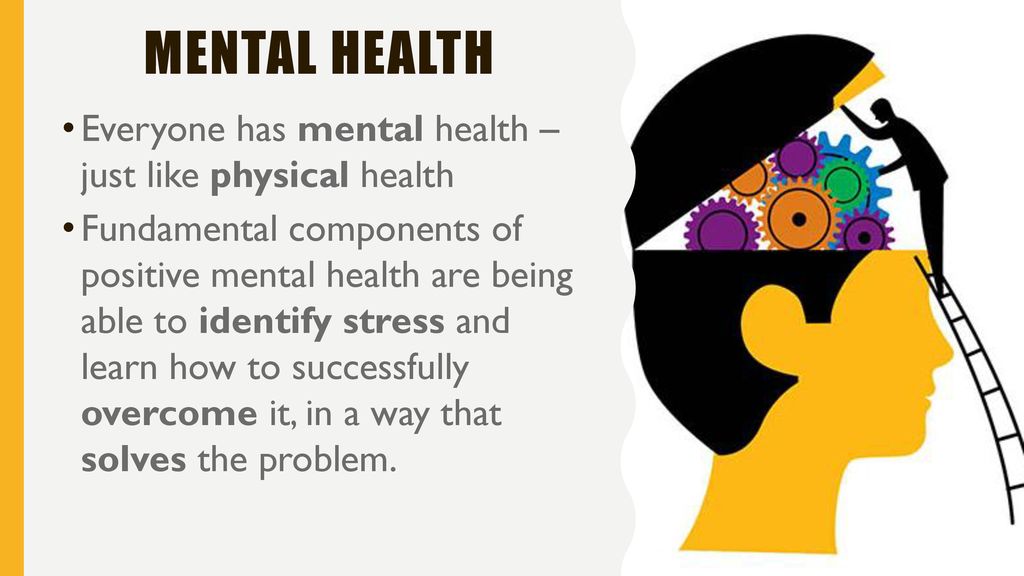
By Dorothy Muhawe
What is Mental health? For many of us, this is a question we have difficulty answering.
Mental health includes our emotional, psychological and social well-being, it affects how we think, feel or act and determines how we handle stress.
A 2017 World Health Organization report on mental health, ranked Uganda among the top six countries in Africa with the highest cases of mental disorders with 1.7million (4.6%) Ugandans suffering from depressive disorders and 1.07 million (2.8%) with anxiety disorders. It further stated that the risk of depression increases with poverty, unemployment, events such as death of loved ones, failed relationships, illness such as HIV/AIDS and problems caused by consumption of alcohol and use of illicit drugs.
For a country like Uganda where 58% of us are 30 and below, we need to rethink approaches to dealing with and understanding mental health and associated issues such as peer pressure, social media addiction, sexual abuse, substance abuse and alcohol addiction among others.

At Butabika hospital in Luzira, the Ministry of Health has scaled up services offered to Mental health patients by creating specialist units to deal with alcohol and drug abuse, psycho trauma support, and adolescent mental health care.
Challenges in dealing with Mental Health:
i) Butabika is overwhelmed by patients because it is the only specialist hospital in Uganda.
ii) Few medical personnel with expertise in mental health – the doctor to patient ratio at 1:1000.
iii) Stigma associated with mental illness is a barrier to efforts by both government and civil society to address this challenge.
iv) Cultural and religious perception of people in the community – People associate mental illness to spiritual issues, usually preferring visits to shrines and churches instead of seeking professional help.
How do we improve mental health?
As in other sectors of our growing economy, ICT tools can be leveraged to further enhance efforts at dealing with Mental Health in Uganda. For instance, online support groups can be and should be set up to facilitate exchange of ideas between Ugandan Medical personnel and their counterparts abroad. But also, these same online groups can be used to monitor and offer help to patients in real time.
Secondly, as noted earlier, Stigma remains one of the biggest challenges faced by both patients and their families. Michel Sidibe, former Executive Director at UNAIDS famously opined: “Whenever AIDS has won, stigma, shame, distrust, discrimination and apathy was on its side. Every time AIDS has been defeated, it has been because of trust, openness, dialogue between individuals and communities, family support, human solidarity, and the human perseverance to find new paths and solutions.”
The successes against the HIV/AIDS pandemic are largely successful because communities ganged together and did away with stigma.
In order to have meaningful and fruitful conversations on Mental Health, New Media must be strategically and aggressively used. Most young people continue to use platforms such as Twitter, SnapChat and Instagram as avenues of expression. By using these same mediums, young people can begin to understand Mental Health.
In addition, different awareness programs can be run on television and radio to reach those who might not have access to online platforms.
The government of Uganda has greatly recognized the need for mental health care and has reviewed the 1964 Mental Health Act which aimed to remove persons with mental disorders from the community but also protecting their safety by keeping them in confinement. The new mental health policy aims to provide structure and safety for those struggling with emotional, neurological or substance abuse problems as well as creating preventative measures involving communities and regions.
Every month of May, Uganda joins the rest of the world to celebrate mental health awareness week in which different campaigns are carried out. follow #mentalhealthawarenessweekug
Uganda has further put restrictions to curb substance abuse including a ban on consumption and sale of alcohol in sachets. Our August house – Parliament – passed a narcotics law penalizing those found in possession of illicit drugs with 10-25 years imprisonment and life imprisonment to the one trafficking both on small and international sales.
This is why we must renew our approach to dealing with Mental Health, if we are to achieve the targets set within the NDP III framework of our aspiration to transform our country into a modern and prosperous state.
This is a conversation worth having.
The Writer is a Communications Assistant at the Ministry of ICT&NG.

